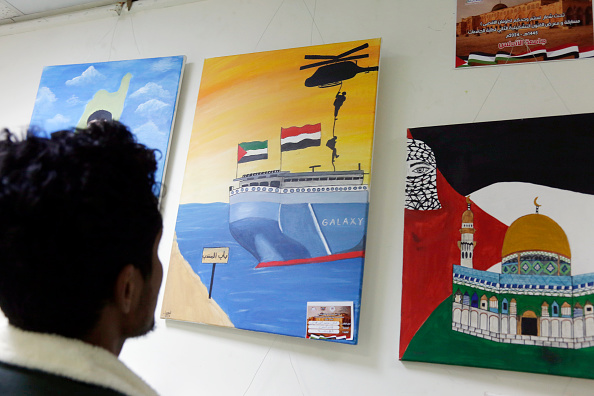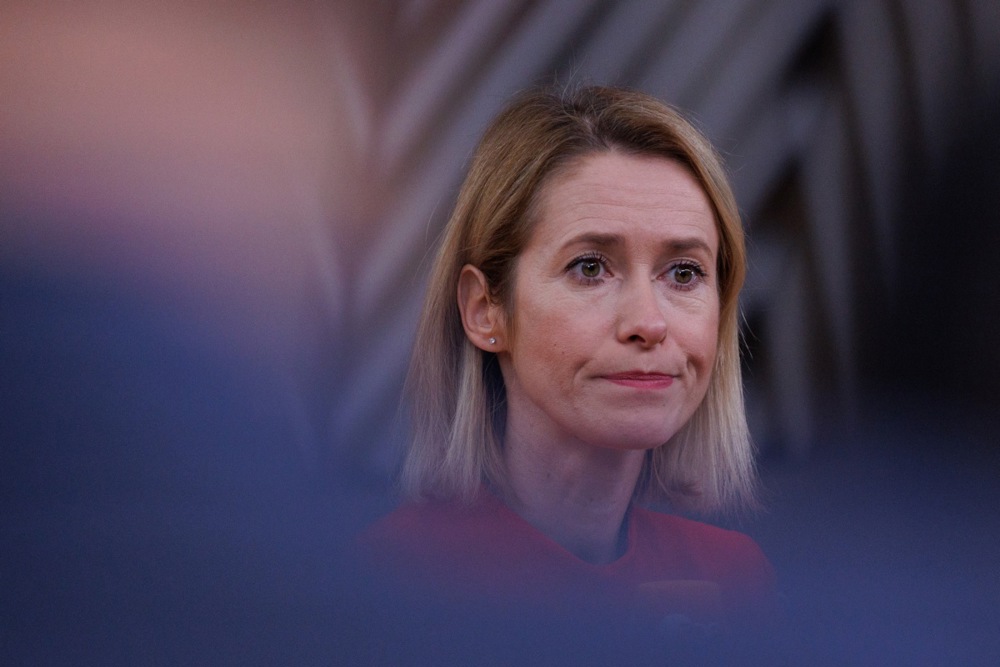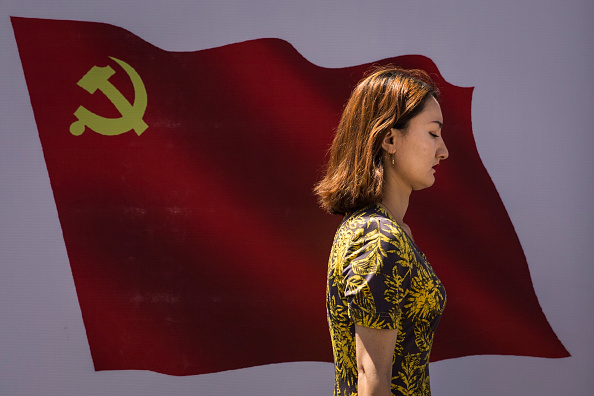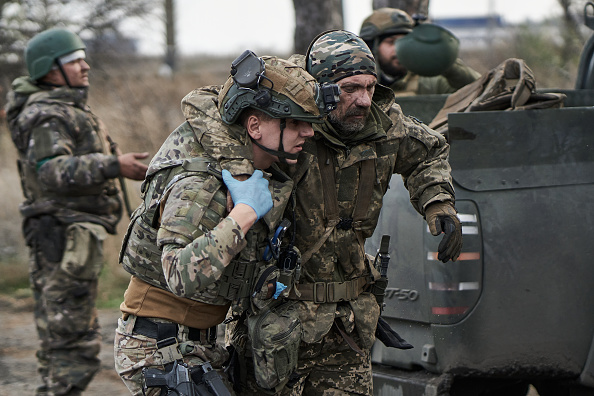Hungary’s opposition to Dutch Prime Minister Mark Rutte’s bid to become NATO Secretary-General looks damaging and may be a boost to other contenders such as Estonia’s leader Kaja Kallas and Romania’s President Klaus Iohannis.
Still, given the odd rules about choosing someone for NATO’s top job, Rutte could still emerge the victor, NATO experts told Brussels Signal.
The North Atlantic Treaty Organisation, NATO, is ordinarily run on a principle of consensus where, for example, an objection from tiny Luxembourg is sufficient to override any proposed action – no matter how heavily backed that action may be by giants such as the US.
Possibly with that in mind, on March 5, Hungarian foreign minister Péter Szijjártó said: “We certainly can’t support the election of a person to the position of NATO’s Secretary-General, who previously wanted to force Hungary on its knees.”
Given the NATO set up, one might think such sentiment would scupper Rutte’s hopes.
Yet the lack of clear formal rules governing how the body’s members should pick its chief civil servant means the Dutch PM’s chances cannot be dismissed entirely.
“It doesn’t mean he’s out, as there’s really no official procedure for getting a Secretary-General into office,” according to Rosie Birchard, a Brussels-based journalist who follows NATO closely.
The Alliance’s founding Washington Treaty of 1949 states there should be a Council – later known as the North Atlantic Council. But it does not mention the office of Secretary-General at all, which did not exist until 1952 anyway, let alone how the holder of that role should be determined.
Birchard said Budapest’s move possibly “just means Hungary wants something to sweeten the deal”.
“There is no official declaration of candidacies … all very untransparent!” she told Brussels Signal.
NATO members hope to announce a successor to Jens Stoltenberg at a meeting of foreign ministers in Brussels over April 3-4.
An April decision means the body will have settled on its future chief before European Parliament elections in June and US ones in November.
Backers of Kallas argue it is time for NATO to have a woman as Secretary-General, or at least a leader from outside Western Europe.
There have been three Dutch Secretary-Generals, most recently Jaap de Hoop Scheffer, who was in office from 2004 to 2009.
The Netherlands is now tied with the UK in providing the highest number of post-holders for the position. There have been none from Eastern Europe, or any former Communist country.
The Netherlands, with Rutte as its Prime Minister, also currently spends only 1.7 per cent of its GDP on defence, below NATO’s 2 per cent goal.
Estonia spends more than 3 per cent, while Romania puts in just under 2.5 per cent for defence.
On February 22, the US, UK and Germany all endorsed Rutte’s candidacy, which could be an attempt to discourage a “groundswell” of support for Kallas, according to Ben Tallis, a senior fellow at the German Council on Foreign Relations.
Any nation’s permanent representative (ie, ambassador) to NATO needs to nominate a possible candidate from their own country for NATO members officially to be able to consider them.
This has so far only been done for Rutte, NATO officials suggest.
Szijjártó’s reference to bringing Hungary “to its knees” apparently referred to a Rutte comment from 2021 when he criticised a Hungarian law prohibiting television programmes and other content seen as championing LGBT+ lifestyles for audiences under 18.
The law also meant shows, films or series featuring gay characters could only be shown later at night.
“My goal is to bring Hungary to its knees on this issue,” Rutte said at the time, during a summit of EU leaders.
Hungary’s opposition could be “petty revenge against Rutte” for those comments, said Edward Hunter Christie, a fellow at the Finnish Institute of International Affairs.
“The real test” was whether Budapest would support an alternative candidate from Central or Eastern Europe, he added.
For Eastern Europeans who believe NATO has not supported the region sufficiently in the face of Russian aggression, Iohannis represents front-line countries that feel most at risk from a Russian invasion along the lines of the Ukraine war.
Others speculate whether Iohannis primarily wants to raise his visibility, with new positions going vacant after June’s European Parliament elections in both the European Commission and European Council.
Rutte currently has the backing of 20 NATO members including the US, UK, France, Germany and the Netherlands – five of the agency’s founding members.
Another 10 countries, though, remain undecided – and Hungary, it is now clear, appears opposed to the Dutch leader.





